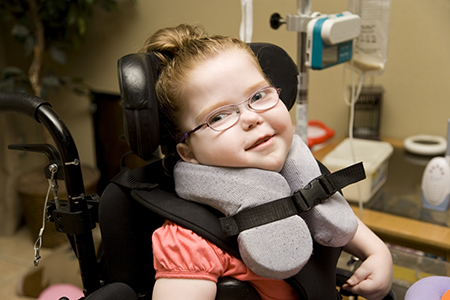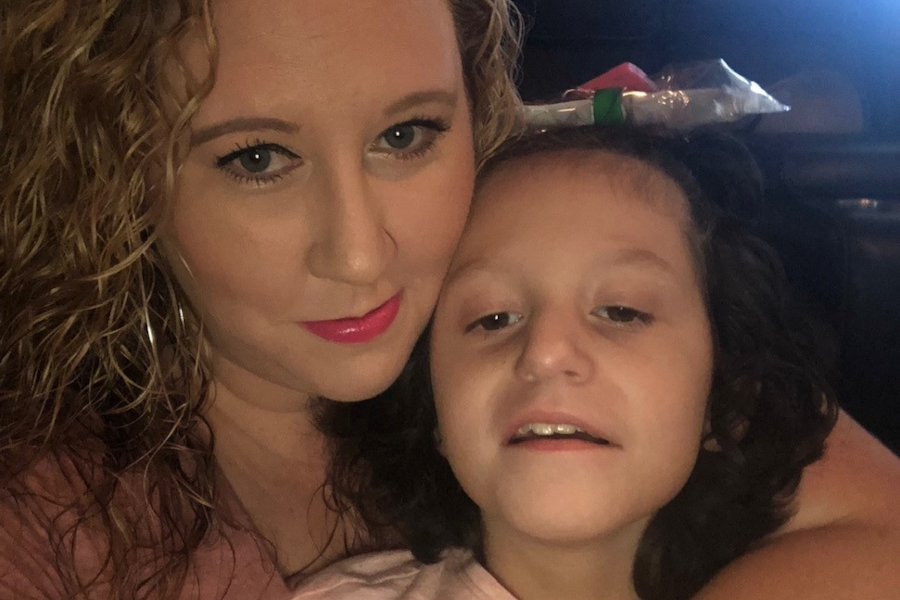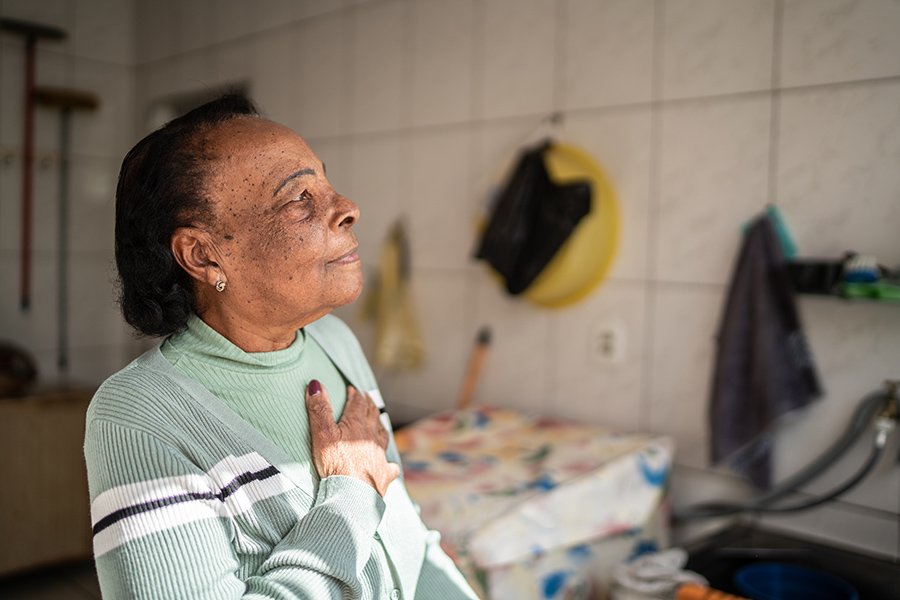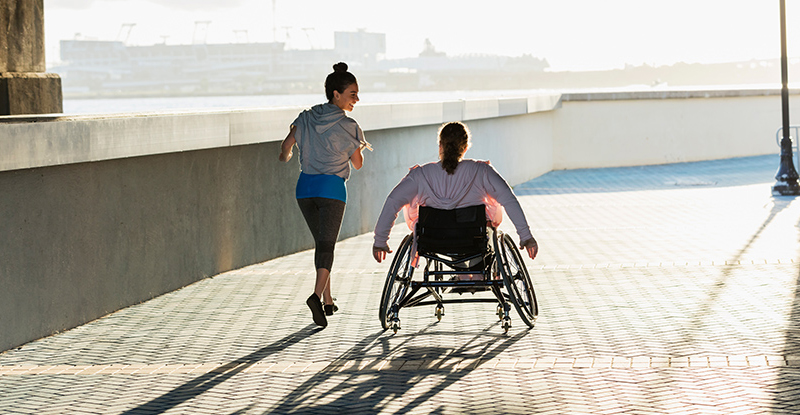Cerebral palsy is a neurological disorder of movement, muscle tone or posture that is caused by injury or abnormal development in the immature brain, most often before birth. Cerebral palsy is caused by an abnormality or disruption in brain development. Most of these problems occur as the baby grows in the womb, but they can happen at any time during the first few years of life, while the baby’s brain is still developing. In many cases, the exact trigger of this abnormality isn’t known, but factors may include:
- Maternal infections that affect the developing fetus
- Fetal stroke, a disruption of blood supply to the developing brain
- Lack of oxygen to the brain (asphyxia) related to difficult labor or delivery
- Infant infections
- Preterm or low birth weight
- Severe jaundice
- Traumatic head injury to an infant from a motor vehicle accident, fall or child abuse
Symptoms
Cerebral palsy is not a disease. It is not progressive, nor is it communicable. Symptoms of cerebral palsy can be very different in type and severity between people with this group of disorders. Some of the symptoms may include:
- Variations in muscle tone — either too stiff or too floppy
- Lack of muscle coordination (ataxia)
- Tremors or involuntary movements
- Delays in reaching motor skills milestones
- Favoring one side of the body
- Difficulty walking
- Excessive drooling or difficulty with swallowing
- Difficulty with sucking or eating
- Delays in speech development
- Urinary incontinence
Treatment
At this time, there is no cure for cerebral palsy. However, a variety of treatments can help patients maximize their abilities and physical strength, prevent complications and improve their quality of life. Aside from regular visits to a primary care physician and dentist, ongoing sessions with the following professionals may help:
- Occupational, Physical, and Speech Therapists
- Orthopedists
- Special Education Teachers
Prevention
Though Cerebral Palsy does not affect the expected length of life, it is a lifelong disorder that may require long-term care. Women who are pregnant or planning to get pregnant should take these steps to lessen the risks:
- Vaccinate against diseases such as rubella
- Seek early and continuous prenatal care
- Abstain from smoking and eat a healthy diet throughout pregnancy
- Practice good child safety
Resources and Support
Like those without the disorder, people with cerebral palsy have many unique talents and gifts that enrich our communities. Groups such as the United Cerebral Palsy (UCP) organization work to educate, advocate and provide support services to ensure a life without limits for people with disabilities. Support services for people managing cerebral palsy include early intervention services, housing, physical therapy, assistive technology training, social and recreational programs, employment assistance and much more. To find support resources in your community, visit the UCP Local Resources page: http://ucp.org/findaffiliate/
For more information and support, visit MayoClinic.com, WebMD, Medline Plus and United Cerebral Palsy, which provided source information for this article.























